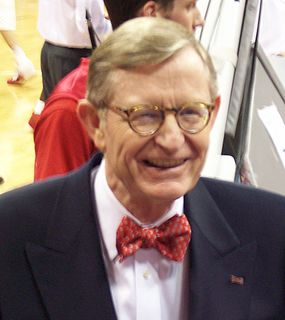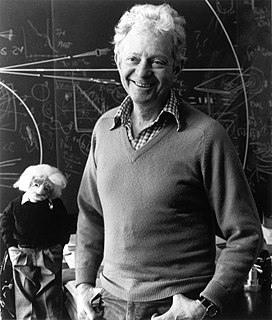A Quote by Neil deGrasse Tyson
The most successful scientists in the history of the world are those who posed the right questions
Quote Topics
Related Quotes
Those things which we call extraordinary, remarkable, or unusual may make history, but they do not make real life. After all, to do well those things which God ordained to be the common lot of all mankind, is the truest greatness. To be a successful father or a successful mother is greater than to be a successful general or a successful statesman.
Science will always raise philosophical questions like, is any scientific theory or model correct? How do we know? Are unobserved things real? etc. and it seems to me of great importance that these questions are not just left to scientists, but that there are thinkers who make it their business to think as clearly and slowly about these questions as it is possible to. Great scientists do not always make the best philosophers.
Change masters are - literally - the right people in the right place at the right time. The right people are the ones with the ideas that move beyond the organization's established practice, ideas they can form into visions. The right places are the integrative environments that support innovation, encourage the building of coalitions and teams to support and implement visions. The right times are those moments in the flow of organizational history when it is possible to reconstruct reality on the basis on accumulated innovations to shape a more productive and successful future.




































